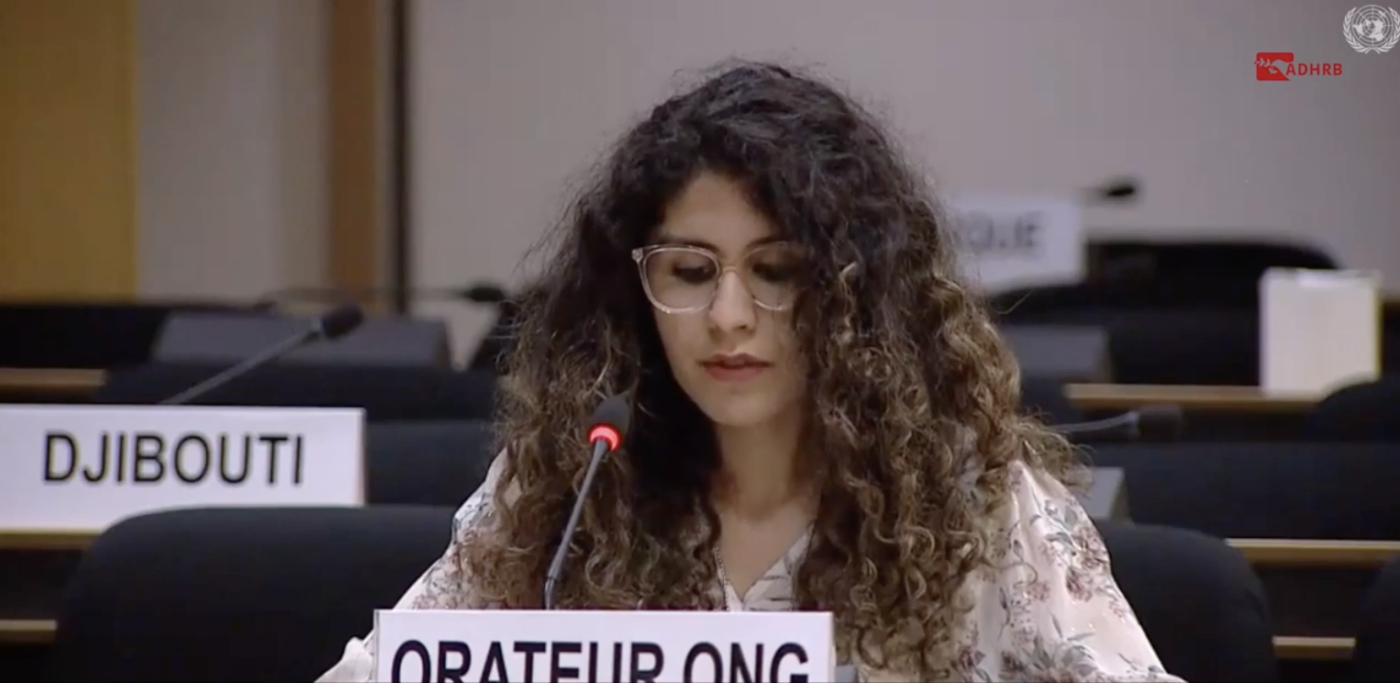On 13 July 2020, ADHRB has delivered an oral intervention at the United Nation Human Rights Council session 44 under the general debate of independence of judges and lawyers.
Madam President,
We thank the Special Rapporteur for his report and we agree with his assessment on the effect of corruption on the independence of judges and prosecutors. We believe that the rule of law in any country can only be protected when the government has measures to prevent corruption in its judicial system.
when high level officials are not held accountable for the crimes they have committed. then, the lack of accountability is related to the corruption of the country’s legal system.
Nepotism is one of the leading forms of corruption to any judicial system when family members of high level government officials are appointed in positions of prosecutors and judges to influence the rule of law. For example, in Bahrain, members of the Alkhalifa ruling family occupy major positions of judgeships in clear violations of impartiality, independence, and concentration of power. Because of the ongoing pro-democracy movement in Bahrain that aspires for political change in the country; judges from the Alkhalifa tribe sentenced human rights defenders and activists to life imprisonment and death penalty especially in the cases of Mohammad Ramadhan, Husain Moosa, Zuhair Abdulla, Husain Rashid, and others. The leading decision in all the cases against political prisoners is executed by Shaikh Mohammad bin Ali Alkhalifa the cousin of the Bahraini King Hamad bin Isa Alkhalifa. This in itself shows a grave case of lack of impartiality, independence, and integrity.
Mr. Rapporteur, we would like to ask you about what steps the Bahraini government needs to take to end the corruption in its judicial system when it comes to appointing judges from the Alkhalifa family? Should each case need to be reviewed independently when the judge is from the Alkhalifa family?
Thank you





